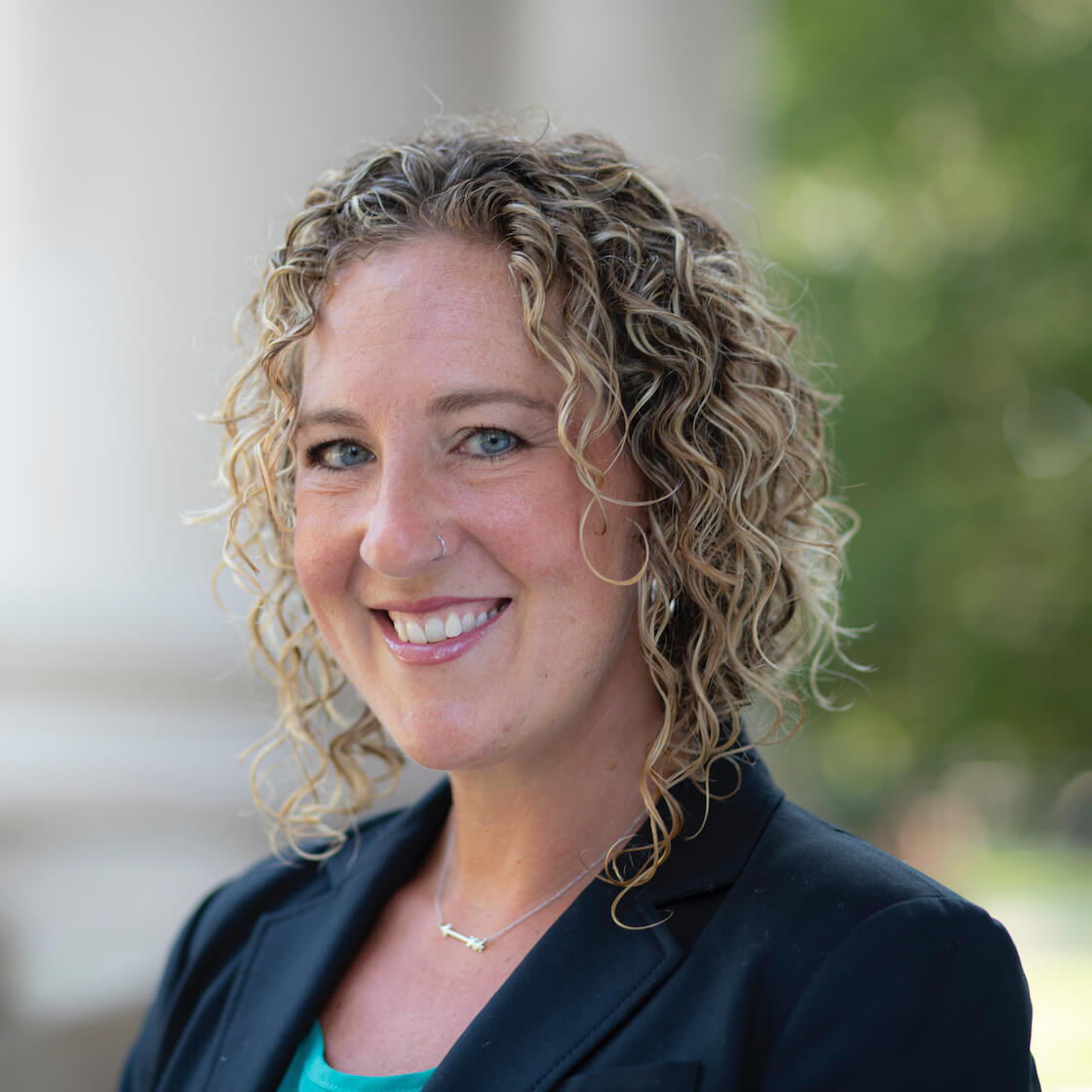The OTD Doctoral Capstone Experience
The capstone experience and project are integral to the curriculum and consistent with two of the program’s primary themes: Scholarship and Service and Communication/Dissemination of Knowledge.
Beginning early in the curriculum, you will work with your capstone team (comprised of yourself, faculty mentor, and doctoral capstone coordinator [DCC]) to identify a scholarly, evidence-based project that meets your professional goals/learning objectives, and is reflective of the goals of the faculty and program. As you progress through the program, you will continue to build and refine your project until its completion in semester 9, when you will present the results to various audiences.
Your doctoral capstone consists of two parts: a capstone project and a 14-week individual capstone experience, that builds upon knowledge gained through coursework and Level II fieldwork.
In your capstone, you may participate in learning experiences that include a focus on one or more of the following: clinical skills, research skills, administration, program development and evaluation, policy development, advocacy, education, and/or leadership.
Capstone examples include advanced clinical intervention, education practice experience, management initiative, or program development.
Capstone Timeline
| Semester 3: | Faculty present their areas of expertise and scholarship to first-year students. Students will identify faculty members that match their intended, broad areas of interest. |
| Semester 4: | Students are each matched with Occupational Therapy faculty members whose expertise is related to the student’s project plan. |
| Semester 5: | Students are informed of their faculty mentor, establish a supervision plan, and set responsibilities and expectations with their mentor. Students begin the collaborative capstone process. |
| Semesters 5-8: | Students will complete self-directed coursework facilitated by the DCC and guided by their faculty mentor. |
| Semester 8: | Students work with the DCC and faculty mentor to ensure that individual learning and project objectives are met. |
| Semester 9: | The doctoral capstone experience and project are completed, with results presented to appropriate audiences. |

Meet Your Doctoral Capstone Coordinator
Andrea Garcia, OTD, MSW, OTR/L
Email: agarcia@monmouth.edu
Phone: 732-923-4578
What is your role as Doctoral Capstone Coordinator?
I act as a liaison for the student and the program, assist in creating each capstone team, and help facilitate students’ capstones. My role is to structure the capstone project and experience.
What is the capstone experience?
The capstone occurs in two different commodities – the first is a project that the student begins to design early in the curriculum, and the second is the experiential piece where they go to an actual location and do the work that needs to be done to deliver the project. It serves the student, the community, the University, and the occupational therapy profession, and propels the student to become a leader in the field.
What should students expect concerning the capstone project?
It’s a rigorous experience that is very broad and creative and tailored to each student’s unique goals and plans for their future. They’re going to work very hard, but will be well supported throughout the process. Students will be proud to present their final product. Overall, the capstone process will allow students to will gain incredible professional skills that will set them apart.
